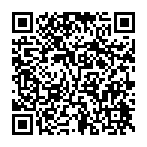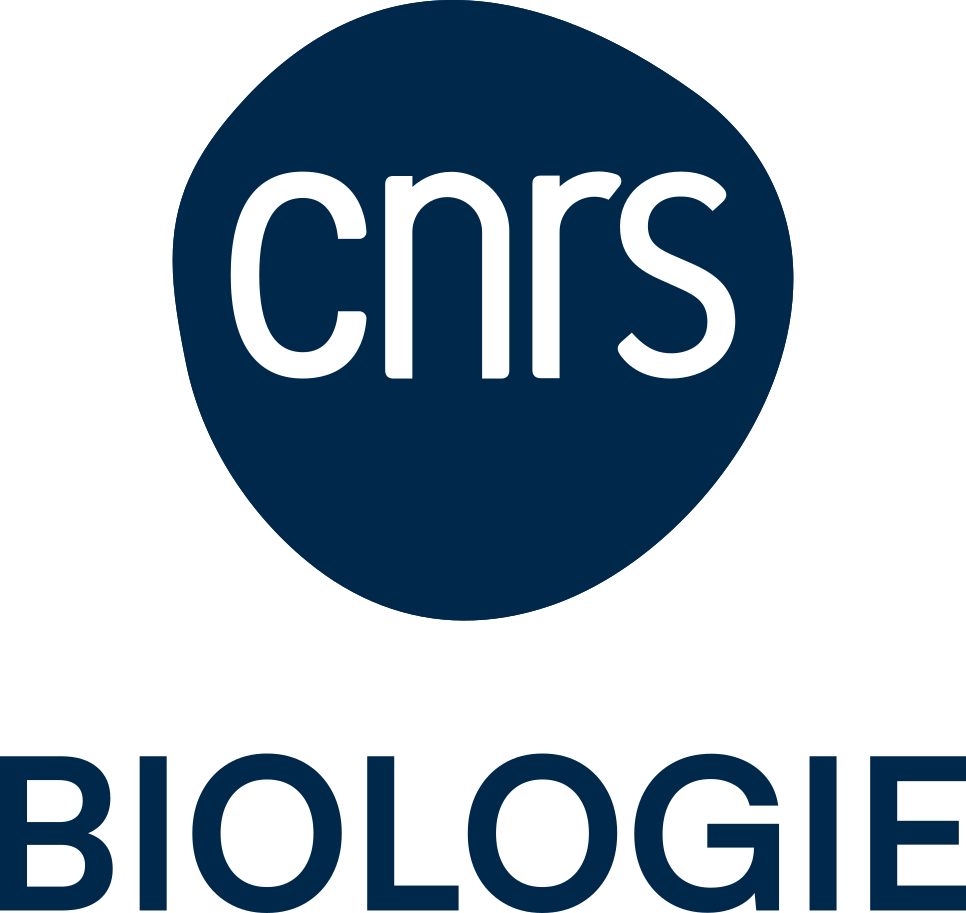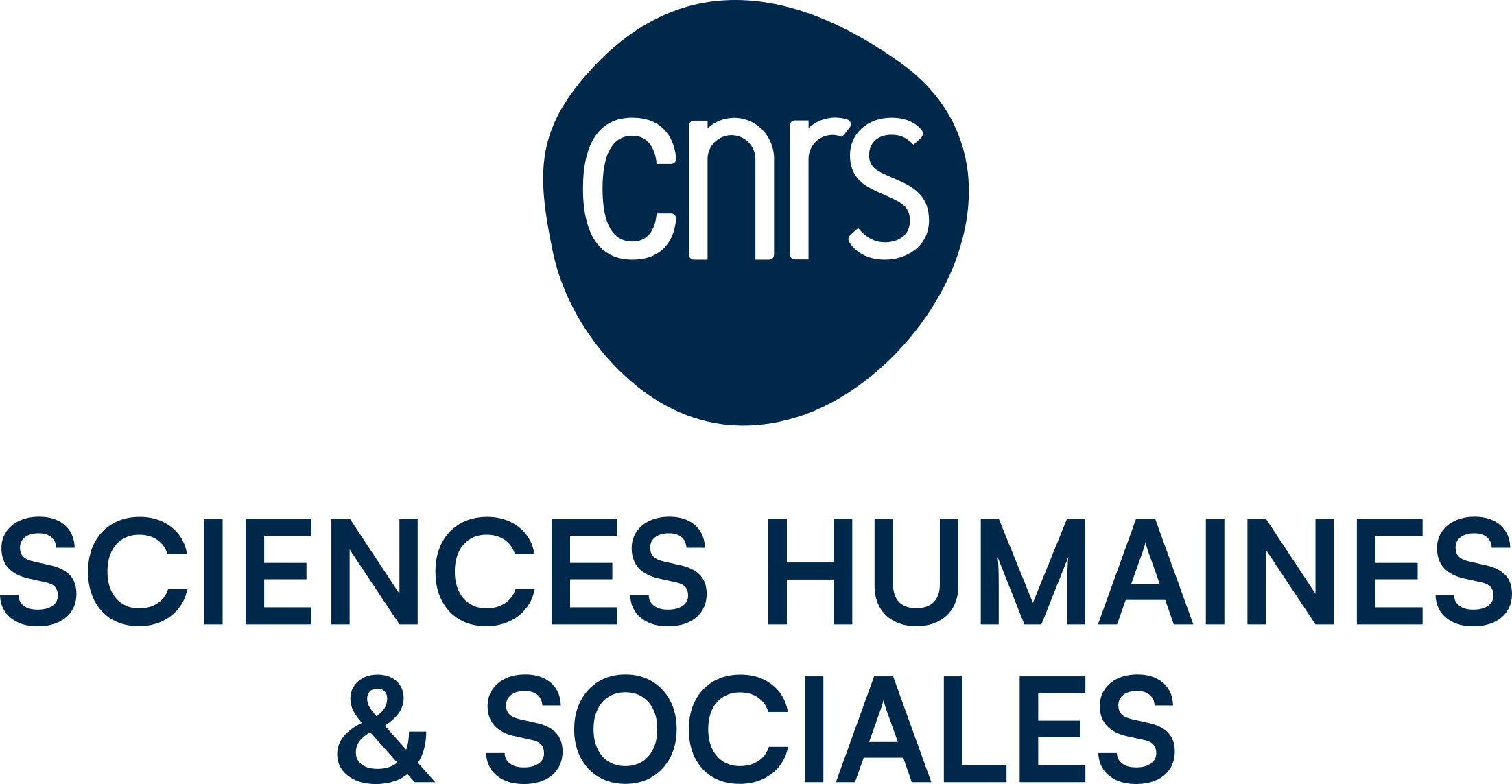08/02/2022 - 13h - CPAFO salle 404
mardi 8 février 2022, par
Guillaume D. : Curiosité informée et rôle des théories
Un nouvel épisode de cette la 2022 aura lieu mardi 08/02/2022 en salle 404, dans le respect des gestes barrières, entre 13h et 14h.
| Date : | Mardi 08 Février 2022 |
|---|---|
| Heure : | 13h00-14h00 |
| Lieu : | Salle 404 |
Pour ce second épisode de CPAFO 2022, Guillaume Dezecache veut discuter autour des nombreuses questions soulevées par cet article. La place des théories et des hypothèses en psychologie (sociale), la curiosité informée et le recueil de données, la direction de la recherche en psychologie sont autant de questions que nous aborderons lors de cette rencontre CPAFO.
Afin de pouvoir participer pleinement aux échanges, la lecture de l’article est conseillé.
Pour rappel, ce rendez-vous est ouvert à tout le laboratoire.
Lien du groupe CPAFO sur Teams pour les personnes à distance
À mardi pour cette nouvelle édition !
Auteur (année) : Rozin (2001)
Titre : Social Psychology and Science : Some Lessons From Solomon Asch
Journal : Personality and Social Psychology Review
Résumé :
This article presents a methodological critique of the predominant research paradigms in modern social psychology, particularly social cognition, taking the approach of Solomon Asch as a more appropriate model. The critique has 2 parts. First, the dominant model of science in the field is appropriate only for a well-developed science, in which basic, real-world phenomena have been identified, important invariances in these phenomena have been documented, and appropriate model systems that capture the essence of these phenomena have been developed. These requirements are not met for most of the phenomena under study in social psychology. Second, the model of science in use is a caricature of the actual scientific process in well-developed sciences such as biology. Such research is often not model or even hypothesis driven, but rather relies on “informed curiosity” to motivate research. Descriptive studies are considered important and make up a substantial part of the literature, and there is less exclusive reliance on experiment. The two parts of the critique are documented by analysis of articles in appropriate psychology and biology journals. The author acknowledges that important and high quality work is currently being done in social psychology, but believes that the field has maladaptively narrowed the range of the phenomena and methodological approaches that it deems acceptable or optimal.

depuis votre smartphone



